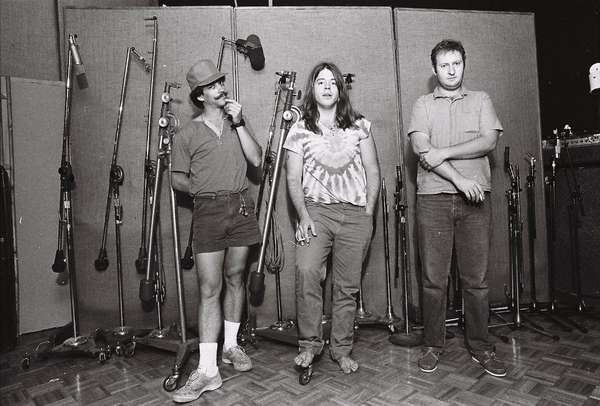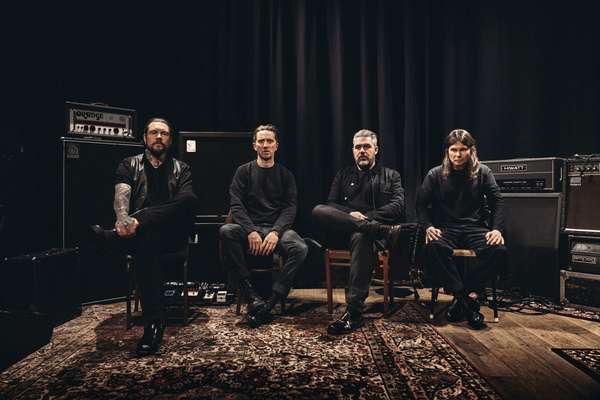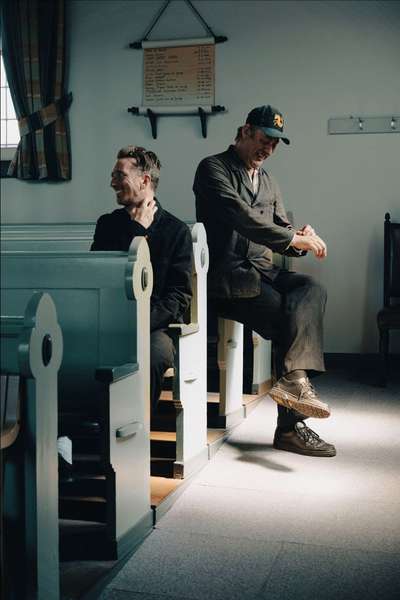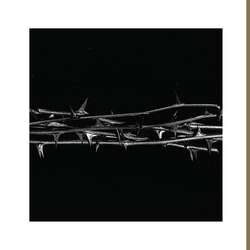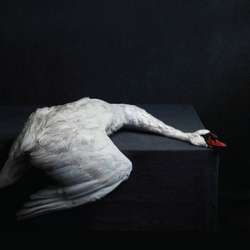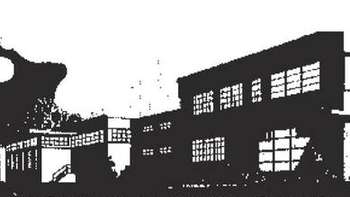We're proud to introduce a new series here at Scene Point Blank: One Question Interviews. Follow us at facebook or twitter and we'll post one interview every Monday-Thursday. Well, sometimes we miss a day, but it will be four each week.
After our social media followers get the first word, we'll later post a wrap-up here at the site. Check out our quickie Q&As below with members or ex members of Amenra, Plagues, Isis, and Husker Du.
Colin (Amenra)
SPB: What is your favorite band you’ve discovered on a recent tour?
Colin: Lento, from Roma Italy.
Leo (Plagues, singer)
SPB: Who is your favorite 1990s band or artist?
Leo: My favorite band from the ‘90s, hands down, is Refused.
Aaron Turner (Isis, Old Man Gloom, House of Low Culture)
SPB: Can you like a musician whose politics you disagree with?
Turner: There's a great many artists I listen to whose personal ideology, if not directly opposed to my own, is often quite different. If I chose to listen only to music made by folks with a worldview that mirrored my own I would be cutting myself off from a huge spectrum of really interesting and valuable art. If music (and art in general), doesn't serve to broaden or inform my personal perspectives, it then can only serve as entertainment. As much as I like being entertained, some brain/spirit enrichment is necessary for survival and growth - creatively and personally! Reaching outside my comfort zone in my listening habits has provided a pathway into other areas of life, experiences and connections I might have not otherwise made. So, not only can I like music made by people I may not see eye to eye with on every level, it is something I do intentionally, and in turn that decision has changed my life over and over again.
Grant Hart (solo, Husker Du)
SPB: How do you feel about the Twin Cities music scene today? Local and national media seem stuck in a comparison mode, endlessly bringing up Replacements and Husker Du without as much mention to the local musical history over the past 20 years. How do you feel the scene has evolved, changed, or stayed the same since the national impression of "Twin Cities music" was formed?
Hart: At first I was going to explain that phenomenon by saying that the music press, including books, have become very lazy. The biggest investigative tool has become the computer and Google rather than field reports from the clubs and parties and other places where music is performed. You used to see more journalists at shows. Now they are at home waiting for the download. Also, the same thing happened in reverse. A young music reporter is very likely to dismiss Replacements and the mighty Du as “shitty ‘80s hardcore bands” with the provocation being nothing more than viewing the wrong YouTube sample.
Another cause for this is the way importance is compounded over the years. When you ask the question, “Who was the greatest dancer in the ‘30s?”, you will get the answer “Fred Astaire” for the simple reason that he has been put in that rank so often, for so long, that nobody can even think of an alternative answer.
The press tend to not talk to fans about the past. They read other reports from their favorite journalists and have lost the need to inform the public. So instead they grandstand an opinion that is surest to be agreed with, or [one that] is controversial.
People have always needed to go out and see for themselves.

